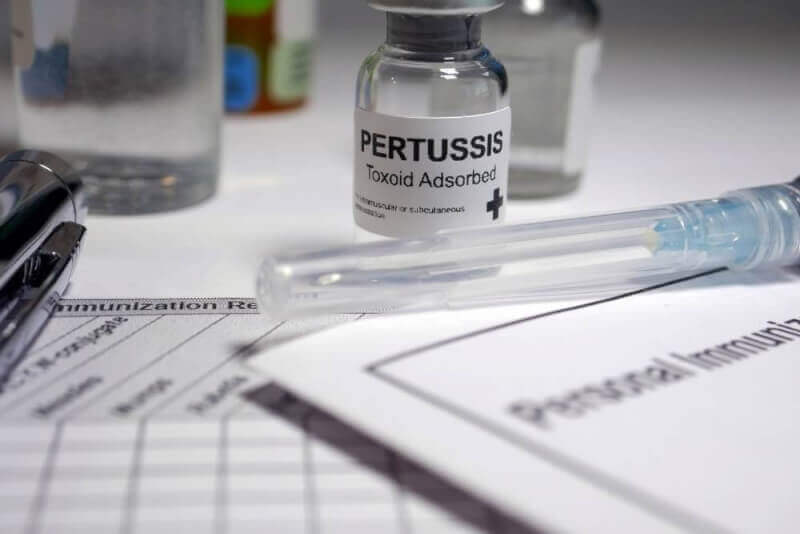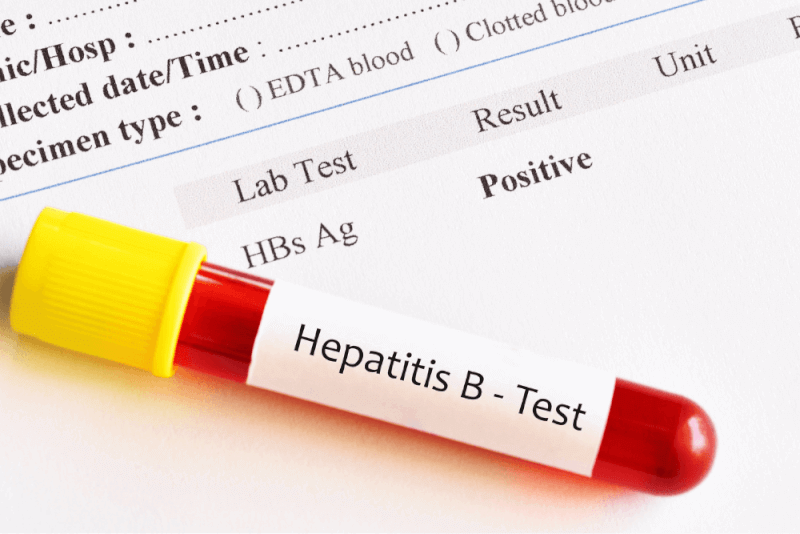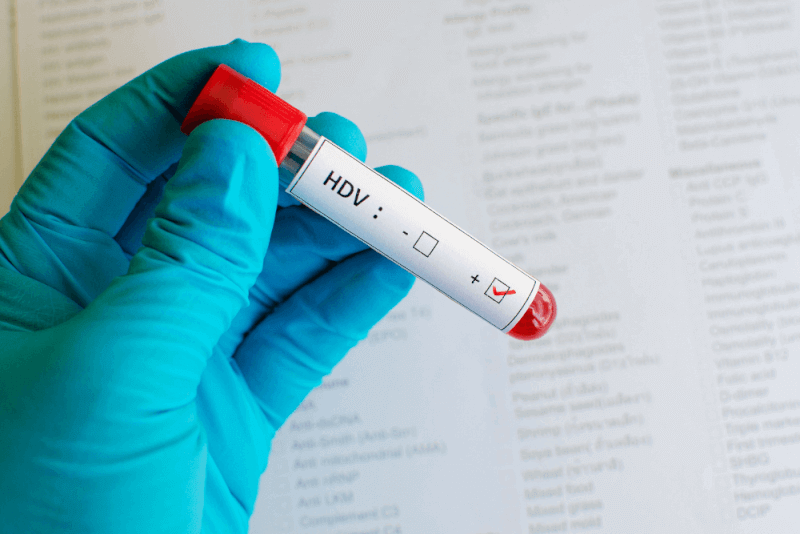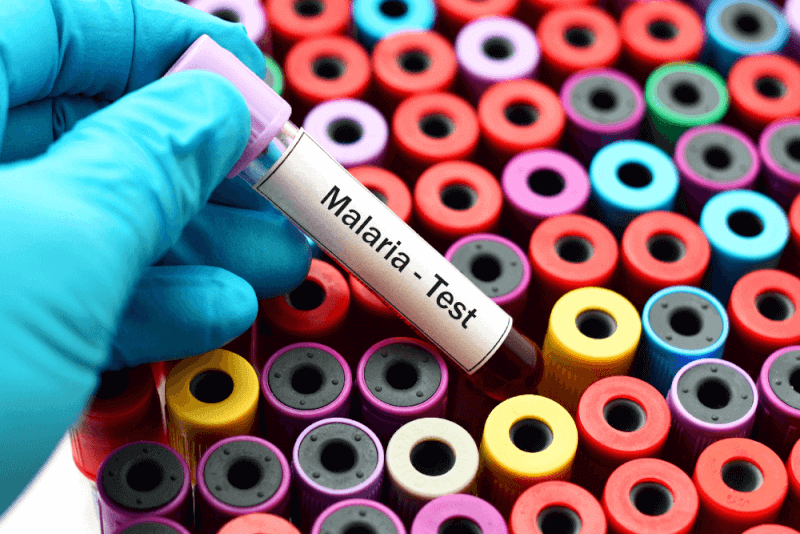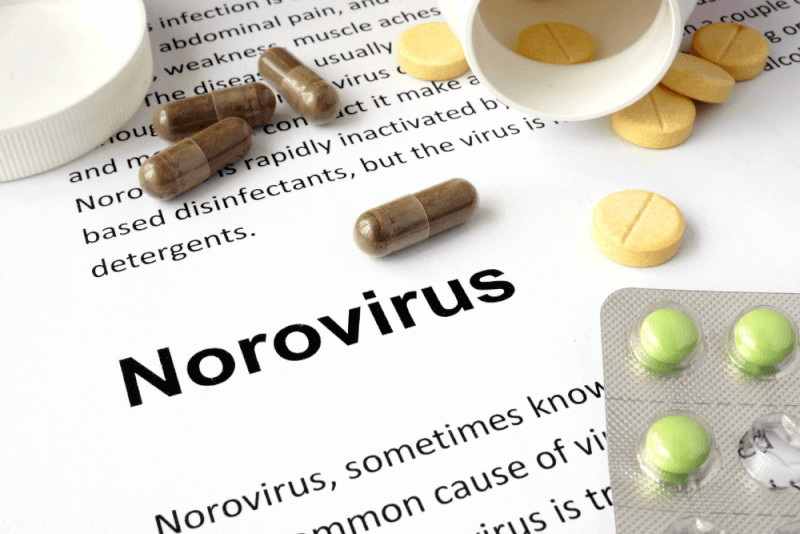Whooping Cough Symptoms
The first symptoms of whooping cough are similar to those of the common cold. Therefore, the first symptoms seen in patients;
- Runny nose
- Redness of the eyes,
- Sore throat
- There is a slight fever.
An intense cough, which is one of the symptoms of whooping cough, starts one week after the first symptoms. For this reason, experts do not consider whooping cough before the serious symptoms caused by whooping cough appear. Symptoms seen in advanced stages of the disease are as follows:
- Diarrhea,
- Vomiting,
- Weakness and fatigue,
- Redness on the face,
- Subcutaneous bleeding under the skin or in the corners of the eyes,
- In babies under one year of age, coughing is not clearly visible, but short-term respiratory arrests can be observed.
- Bruising of the lips and nail beds,
- Whooping cough can cause severe and recurrent coughs that persist until the lungs run out of oxygen. To compensate for the lack of oxygen, the lungs work harder and the typical sound of whooping cough breath is produced..
- Shortness of breath
- Coughing fits
How is whooping cough transmitted?
Whooping cough is highly contagious and is transmitted by particles from the sneeze or cough of an infected person. In particular, talking or kissing at close range with the patient causes the disease to spread rapidly.
Whooping cough in infants
Whooping cough, which is severe in infants and young children, can cause coughing fits lasting 2 to 3 months. In babies under 18 months of age, coughing fits can manifest as respiratory arrest. It is therefore very important that sick babies are closely monitored. Babies under 6 months of age are the most affected group. In addition, the fact that patients carry some risk factors causes the condition to be more severe. These risk factors include:
- Dehydration,
- Breathing difficulties,
- Weight loss,
- Pneumonia,
- Epileptic seizures
- Kidney problems
- Brain damage
In older children and adults, severe symptoms include damage to the ribs, nosebleeds and hernias. However, this group has a milder case of asphyxiation.
How is whooping cough diagnosed?
In order to diagnose whooping cough, the patient’s complaints and physical examination are important. In addition, nasal swabs are taken and necessary tests are performed to confirm the diagnosis.
Pertussis Treatment
If pertussis is diagnosed early, antibiotic treatment can help control cough and other symptoms. Another advantage of early treatment is that it reduces transmission. If the disease is diagnosed in the first 3 weeks, antibiotic treatment gives positive results. However, if the disease is diagnosed later, supportive treatment is started instead of antibiotic therapy.
Patients’ age and clinical presentation are important in supportive care. This treatment includes resting, drinking plenty of fluids and using antipyretics. Cough medicines should not be used. Because these drugs can cause serious side effects, especially in children.
Pertussis causes a variety of life-threatening health problems if left untreated.
Pneumonia
When the bacteria that cause whooping cough severely damage the tissue of the respiratory tract, a secondary infection starts. Due to the widespread lung infection, patients start to experience more severe breathing problems. Children are more at risk in this respect. This is because children’s respiratory systems are not fully developed and are shorter.
Brain Injury or Brain Hemorrhage
The persistent and severe cough caused by whooping cough leads to increased intracranial pressure in patients. Increased intracranial pressure causes both damage to brain tissues and cerebral hemorrhage. Both can lead to life-threatening neurological problems.
Epileptic Seizures
Patients may experience uncontrolled convulsions as coughing fits cause secondary brain dysfunction.
Respiratory Failure
Patients do not get enough oxygen due to coughing fits. In addition to transient oxygen deficiency, which is also called a convulsive seizure, oxygen deficiencies that cause loss of consciousness can also be seen. If respiratory failure becomes severe, patients may suffer from organ failure and brain damage.
Rib Fractures
Persistent severe coughs lead to increased pressure in the internal organs and thus damage to the ribs.
Urinary Incontinence
Cough, which causes an increase in intra-abdominal pressure, causes urinary incontinence, especially in children.
Kidney Failure
Patients are often dehydrated due to episodes of vomiting and recurrent bouts of coughing. For this reason, fluid replenishment is necessary. In the absence of fluid replenishment, kidney function is impaired.
What to Do to Prevent Whooping Cough
The most effective way to prevent whooping cough is to get regular whooping cough vaccinations. If people who have been in contact with whooping cough are in the risk group, then antibiotic treatment should be started for protection. Those in this risk group are:
- Individuals who may experience serious complications if they get whooping cough infection,
- People living in the same household as a person with whooping cough,
- People with respiratory diseases such as asthma,
- Those with weak immune systems,
- Babies under 12 months,
- Health workers
- Pregnant women
The best way to protect babies and children from whooping cough is to vaccinate them with the pertussis vaccine, which is included in the legal vaccination schedule. Pertussis vaccine is administered on the 20th day of pregnancy. week of the week of the week of implementation. This vaccination protects babies from whooping cough in their first few weeks of life.
Babies 2, 4, 6 and 18. whooping cough vaccine is also included in the five-month mixed vaccine.
Primary School 1. class students are also vaccinated with whooping cough vaccine as part of the quadrivalent mixed vaccine.
Research shows that the pertussis vaccine provides lifelong protection. For this reason, adults are not vaccinated unless they are pregnant or there is an outbreak of whooping cough.


